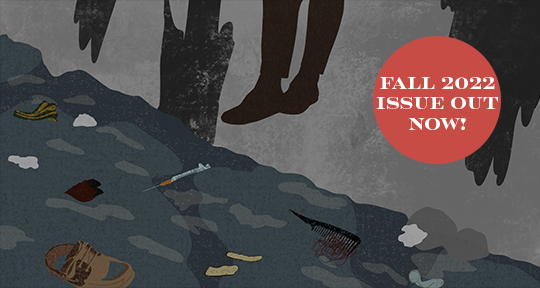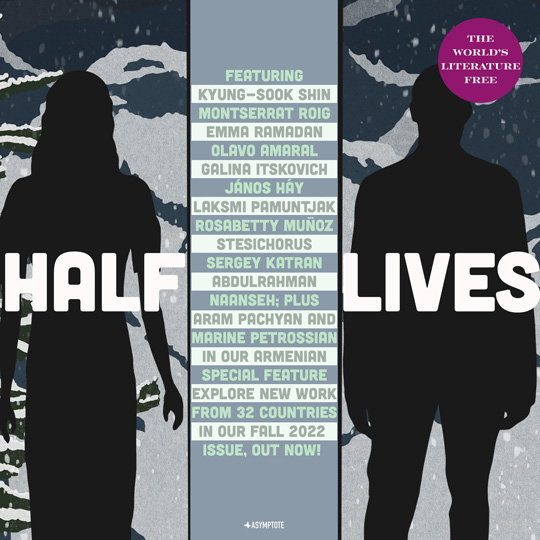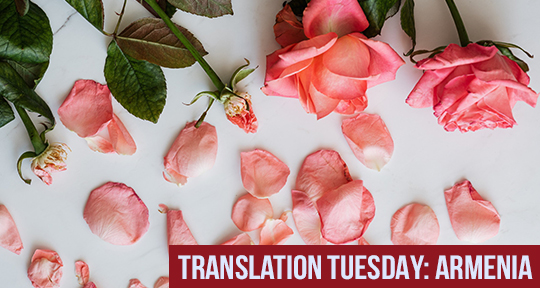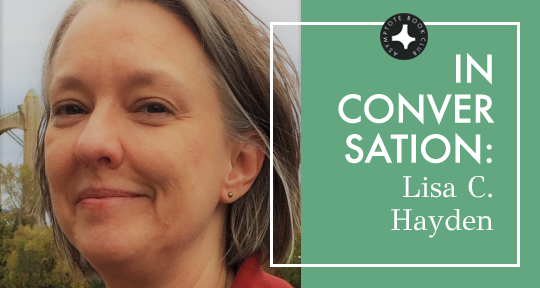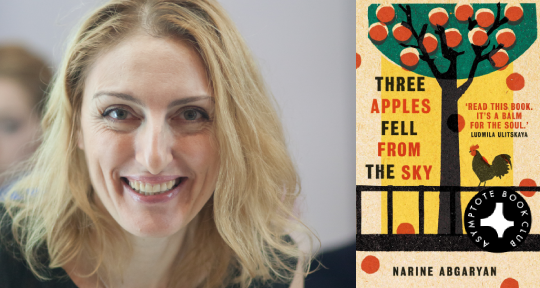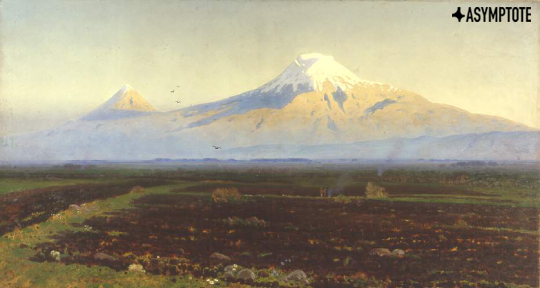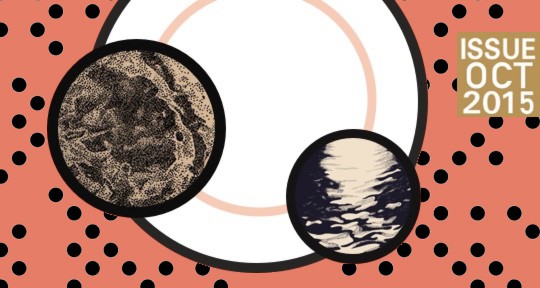Emma Ramadan’s work as a translator has been so important to me and my literary journey—not least because of the attentiveness she lends to the writers she translates from Francophone North Africa, such as Ahmed Bouanani. I also really admire the way she speaks about her process with Claire Mullen in her interview, the passion and commitment and genuineness that shine through, for instance, in how she discusses her feelings at finally finding a copy of Molinard’s Panics. It reminded me a little of Alice Guthrie’s work with Malika Moustadraf’s Blood Feast, which was also out of print and circulated online as low quality scans.
I really love the slow, meditative writing of Dejan Atanacković’s absent narrator in Lusitania (tr. Rachael Daum). When it ranges with a kind of radical exteriority over the ephemera that remains of Teofilović, and the marginal annotations of Stojimirović that accompany his journals, it reads almost like the prose of Sebald—with the enigma of Teofilović as one such central, inaccessible figure around which the story endlessly circles, never losing sight of the larger political and social context.
Laksmi Pamuntjak’s “The Tale of Mukaburung” could easily have been written and translated to pander to a white gaze, and it’s really to the credit of both Pamuntjak and her translator Annie Tucker that there is a pervasive self-sufficiency to the story and its world, a refusal to explain itself, a matter-of-fact revelling in the ordinariness of its own magic and ritual. This seems especially commendable when a dominant affect in the story is puzzlement and defensiveness, in confrontation with foreigners whose presence and purpose are unknown, even to the reader, until much later in the story when it is revealed that many among them are political prisoners.
—Alex Tan, Senior Assistant Editor (Fiction)
Olavo Amaral’s “Steppe” (tr. Isobel Foxford) is exquisite in every way: the writing of the translation, the unusual subject matter, the relationship and emerging love between the two main characters and how it is described, the mood created by the atmosphere of snow and remoteness.
I have been following closely the horrors of Putin’s war in Ukraine and though still angry and frustrated by its continuation, I thought I was fairly hardened to the extent of Russian atrocities. But I broke down towards the end of Galina Itskovich’s War Diary (tr. Maria Bloshteyn), where the unspeakable rape and violence against children is put into words.
—Janet Phillips, Assistant Managing Editor
Kudos to Jonathan Chan for beautifully translating such ancient poems of Choe Chi-won, whose characteristic loneliness metaphorized in natural images is successfully rendered in translation.
I think one of the most important missions of Asymptote is to sustain languages under oppression, be that a national language that is close to extinction or the voice of a people amid a political process of erasure. Lauren Bo’s review of The Backstreets by Perhat Tursun undertakes this mission in remarkable earnest and rigor, by not only posing the biopolitical question of survival faced by the Uyghurs but also diligently analyzing the text via a close reading, and ultimately marrying the two to derive a conclusion that engages readers with the enduring challenge of humanity that surpasses the violence that is immediately palpable: “The Backstreets is an account of survival and a reminder that even the cruelest elements of humanity are fabricated out of absurdity and fear of the uncertain.”
The elusive language of Krikor Beledian’s “Unpeopled Language” (tr. Taline Voskeritchian and Christopher Millis) is delicate yet piercing, and while the history of the Armenian genocide cannot be separated from the poetics of Beledian, its implementation of “the tool against the game of expression“ speaks to the broader context of the survival of a people and their language in and after the era of mass murder.
—Megan Sungyoon, Assistant Editor (Poetry)
READ MORE…






